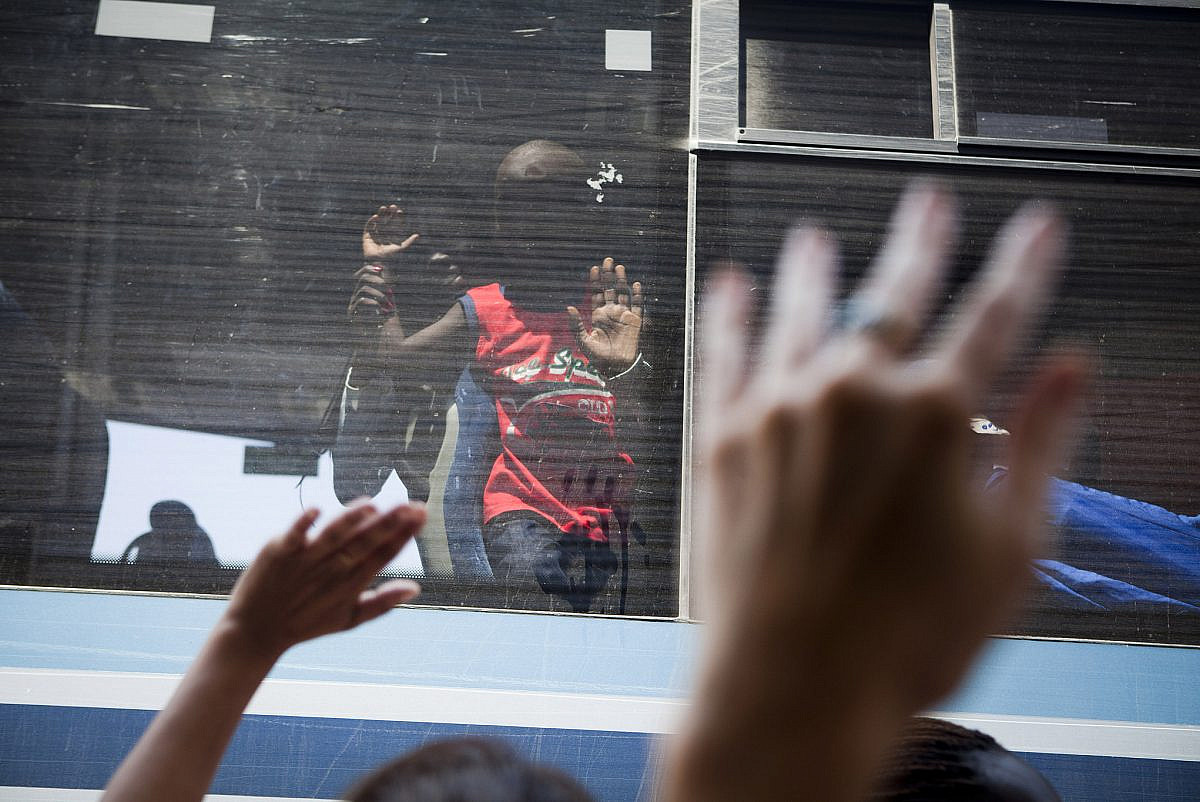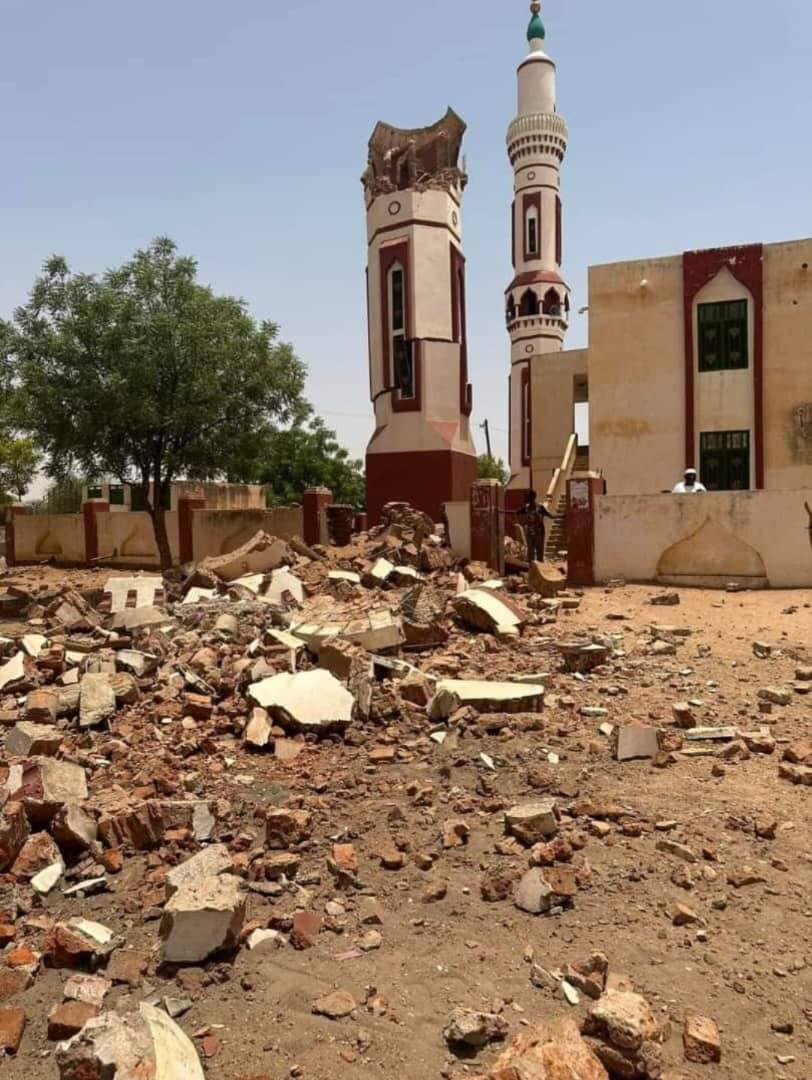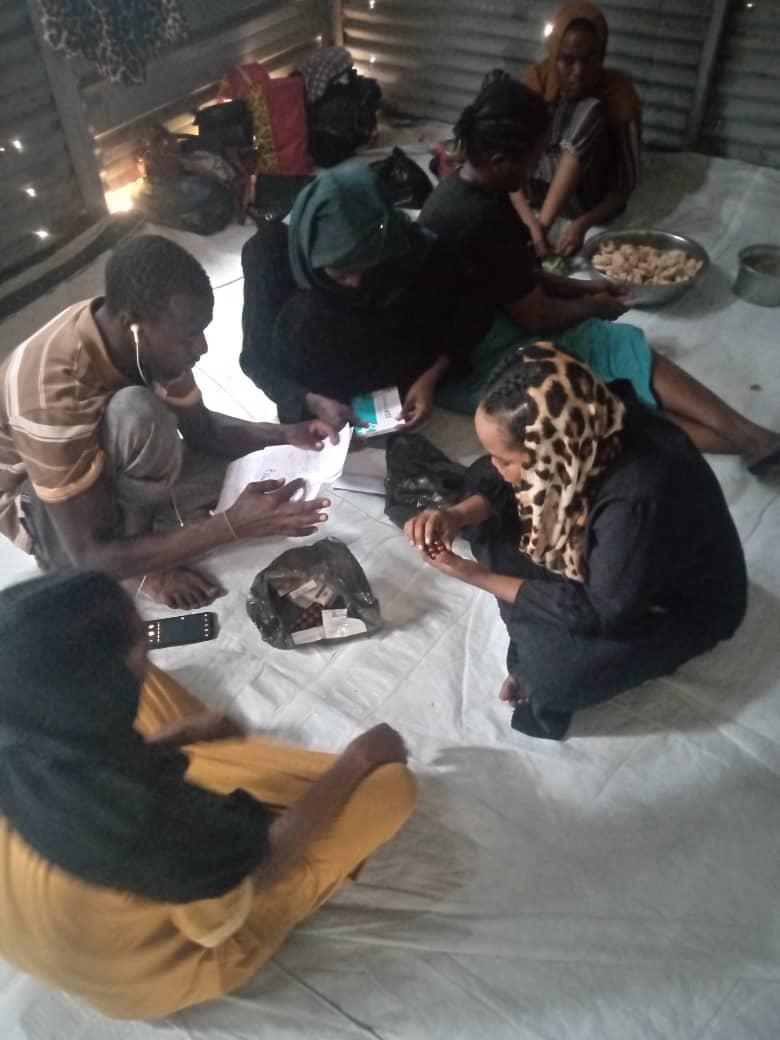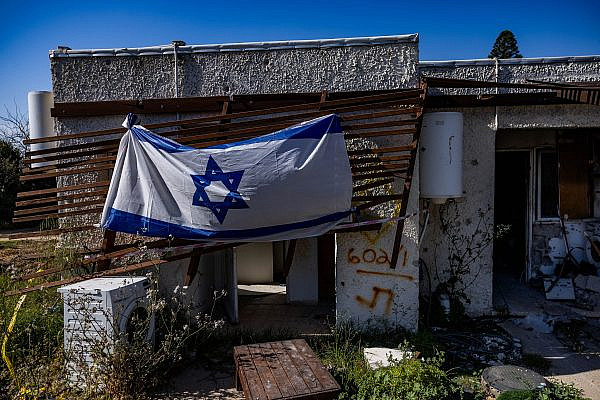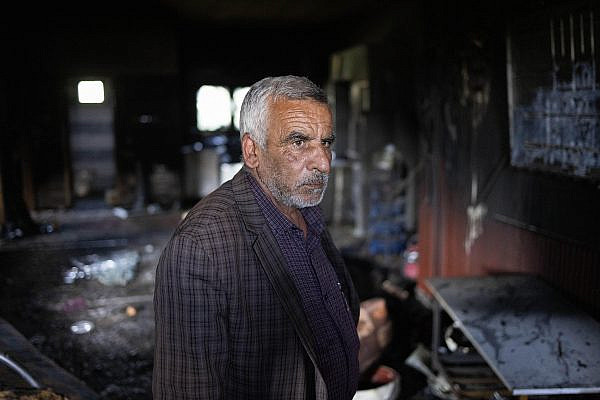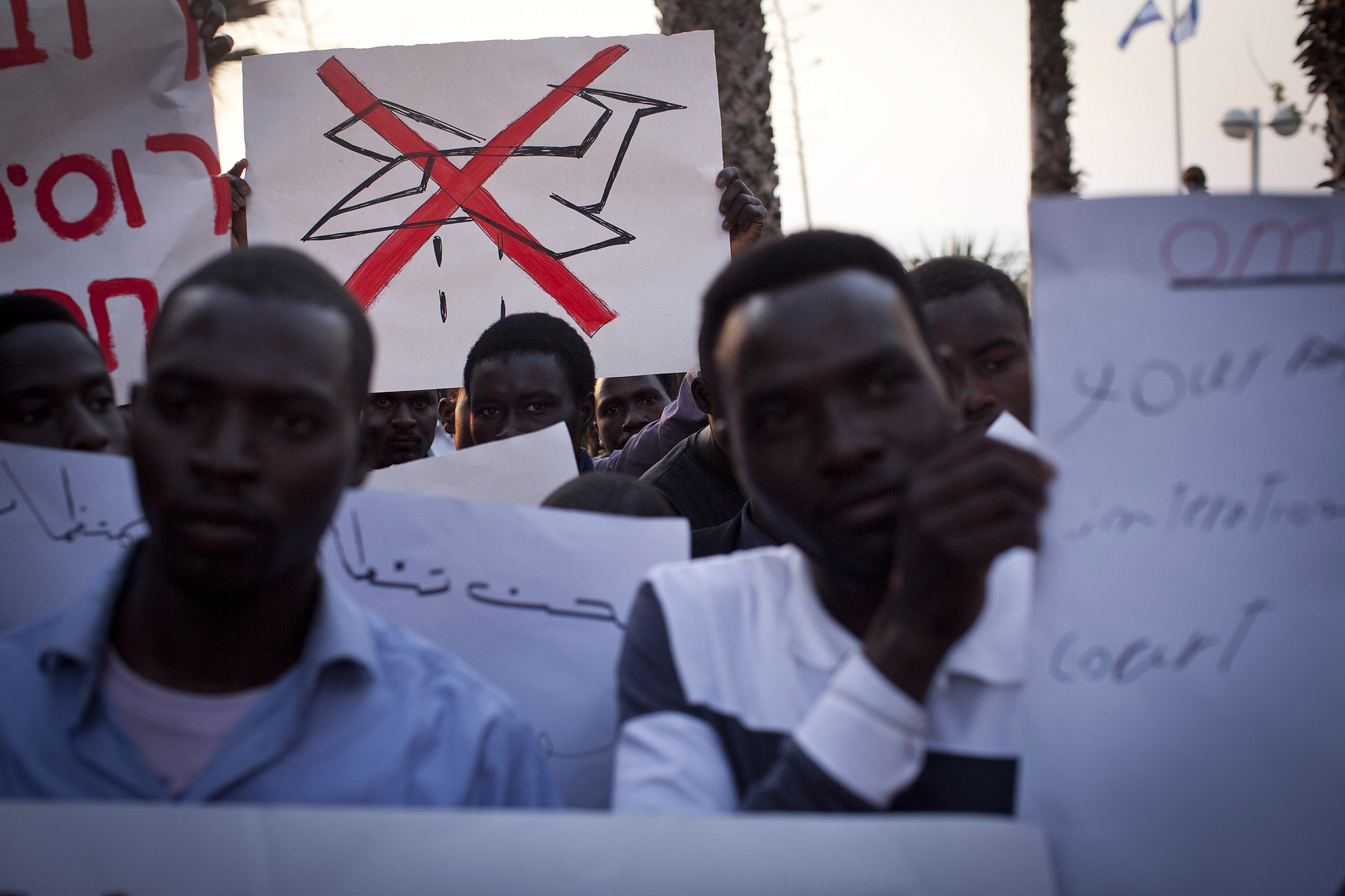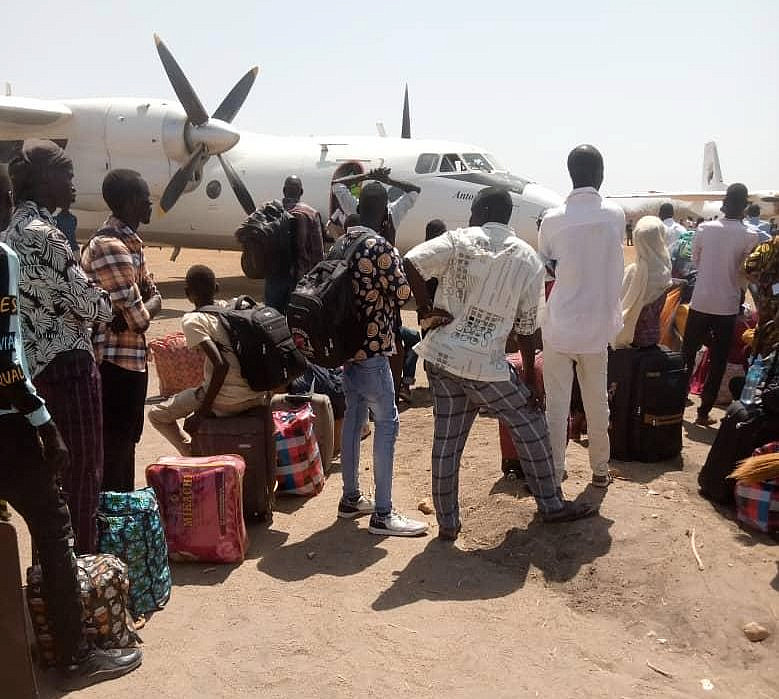On April 15, the dream of a democratized Sudan was shattered by a violent power struggle between the interim prime minister, General Abdel Fattah al-Burhan, who is also the current leader of the Sudanese military, and his deputy, General Mohammed Hamdan Dagalo, who controls a large and notoriously brutal militia known as the Rapid Support Forces (RSF).
After the Sudanese people overthrew their longtime dictator, Omar al-Bashir, in 2019, Sudan was set to transition from a military dictatorship to a government run by and for the people. But in October 2021, the military dissolved the Sudan Provisional Sovereignty Council, which was founded with the goal of helping the country transition to democracy, and al-Burhan has been in charge ever since. The current fighting marks a step backward toward violence, instability, and authoritarianism — precisely what the Sudanese people fought to change.
Harrowing as this moment is, it is just one of numerous rounds of violence and instability Sudan has faced in the last few decades, creating a sustained refugee crisis. Over the years, thousands of those fleeing have come to Israel and attempted to claim asylum. But their presence has been met with significant political pushback and vicious racism. Defined as “infiltrators” under Israeli law — a term the Israeli media has also embraced — many Sudanese asylum seekers have been coerced to return to Sudan after being denied their basic rights to safety and shelter in Israel. Now, the people Israel deported back to the region are facing the very violence they sought to escape years ago.
The Sudanese asylum seeker community is not the first to be forced to leave, only to find themselves fleeing again. In 2012, following South Sudanese independence, Israel deported its small South Sudanese community to the newly-created country. The year after they were deported, a civil war broke out, leaving almost 400,000 dead — among them more than 100 asylum seekers whom Israel had forcibly returned. Hundreds are now threatened by the current crisis in Sudan.
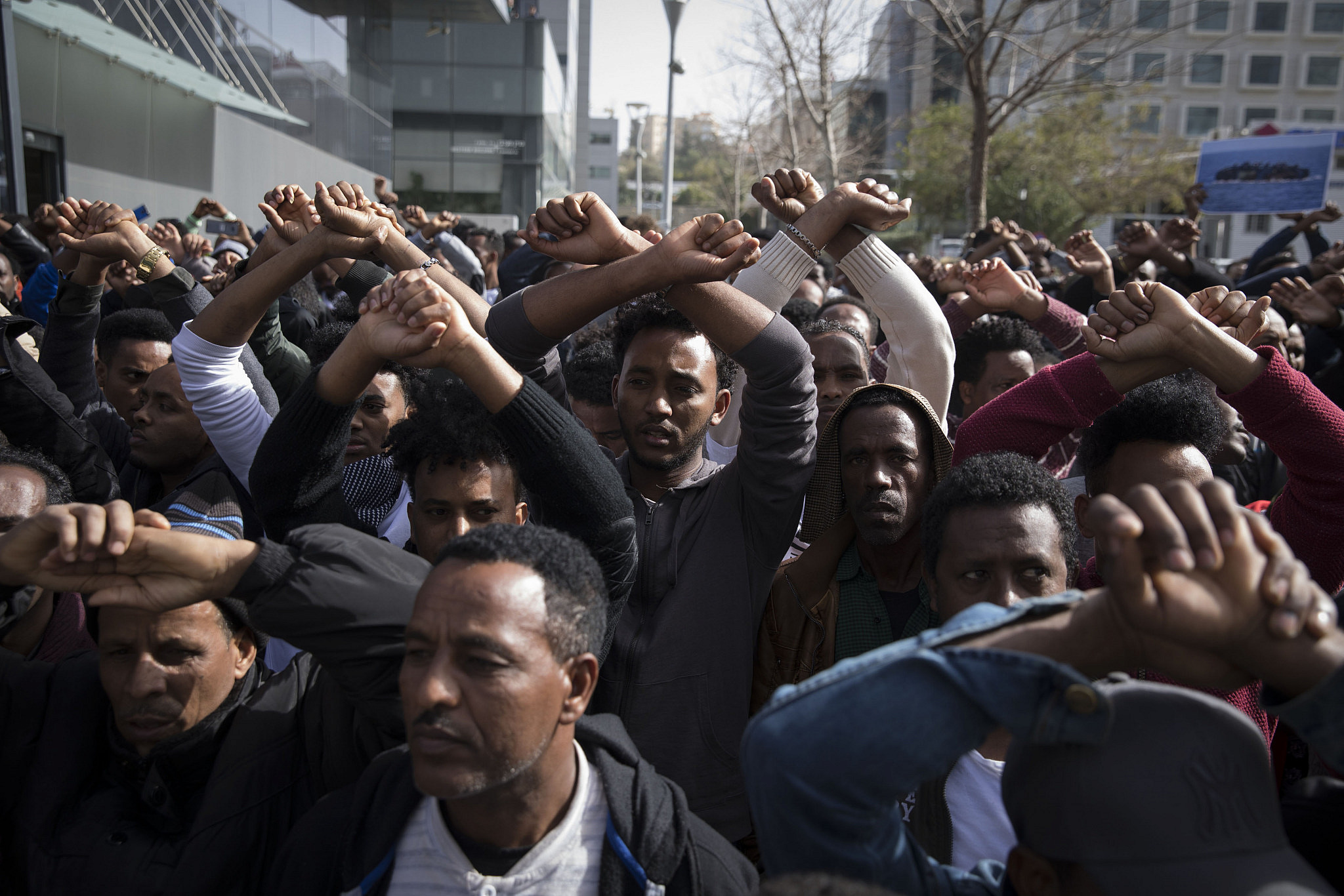
Israel thus carries a heavy burden of responsibility for the suffering of those to whom it refused to offer asylum — Sudanese, South Sudanese, Eritreans and others — by holding fast to its rhetoric of denying they have grounds for claiming asylum. Those committed to justice in Israel/Palestine must take note and, hopefully, take action.
Rapid deterioration
After witnessing the dire humanitarian situation of the deportees to South Sudan, Leah Miller Forstadt and I — both of us activists who have been working with the asylum seeker community since they first entered Israel — founded the Come True project, with the goal of helping the deported children go back to school. The project, part of the Israeli NGO Become, has for over a decade supported the education of more than 250 of the children who were deported and who now learn in private boarding schools and universities in Uganda and Kenya, where their parents wanted to send them in the hope that these countries’ stronger educational systems would offer their children a better future.
When fighting broke out in Khartoum this April, we contacted families whom Israel had deported and learned that they were hoping to escape the war-torn capital; we duly shifted our immediate focus from education to ensuring the safety and security of the children and their families.
The situation in Khartoum was deteriorating rapidly: RSF fighters had erected checkpoints on most roads and were frequently stealing from those who attempted to use them. Shops, and even hospitals, were looted. There now remains little food or potable water. The electricity goes out frequently and, with it, electronic communication. Meanwhile, the military began shelling RSF-controlled neighborhoods. Civilians are caught in the middle, simultaneously unable to stay yet unable to leave.
This isn’t the first time we have faced this type of challenge. When the South Sudanese Civil War broke out in December 2013, children studying through the Come True project were staying with their parents in Juba, the capital, for the winter holidays. The children had been enrolled in Israeli schools in Tel Aviv only a few months prior and spoke mainly Hebrew, and their families turned to us for help. Within 10 days we had successfully rescued 170 people — the children and their families, as well as others who had requested aid — from the heart of the violence.
The key to the work we do is centering the community and on-the-ground staff in all of our activities and decision making. We have learned again and again that strong connections with the community bring us reliable information in real time, helping to identify secure passage from danger to safety. And we have seen the fundamental goodness of the people we work with and those around them. When you ask people for help, they help. Their courage and generosity has made us reckon with the central paradox of war and violence: just as there are those ready to kill people no matter what, there are those ready to help people however they can, and without any hesitation.
In the last few weeks, with the indispensable help of a network of people on the ground — who, it must be said, are suffering like everyone else from hunger, thirst, fear, and loss — we have managed to rescue more than 300 people from Khartoum and support many other civilians who are still stuck in the city. For the past week, we have been trying to get another truck to leave safely, but each attempt thus far has been thwarted by blocked roads and attacks on civilian vehicles. Our hope is that, by the time this article is published, the 100 people who can fit on the truck will have left the city and be safe.
‘The children. I can’t. The children’
Truly extraordinary people are a part of this network. First, there is T., who lived as an asylum seeker in Israel until two years ago but returned to Sudan after he was unable to attain asylum status, though he remains steadfastly unwilling to give up his freedom.
In Israel, T. — who, as with the others mentioned below, is being anonymized out of concern for his safety — dedicated his time to studying, working, and volunteering. We connected with him when the current crisis broke out and asked if he needed help leaving the city. His response: “I don’t think I would choose to be a refugee again, no matter the cost.” Since then, he has been helping others.
He and his friends help provide food and other essentials to the civilians under siege, and he helps us organize rescue trucks. In the face of all the violence and destruction, he hasn’t had a moment to rest. Walking through the streets of Khartoum, T. tells me about the horrors unfolding before his eyes. “Wait a minute, I can’t talk right now,” he says, before returning to our conversation a moment later, explaining that a car stopped next to him and three men got out, tossed a bloody corpse on the side of the road, and then got back in the car and continued on their journey.
Then there is A., a PhD student in the sciences, who has worked as a teacher at an aid organization. A few years ago, she connected with me following the request of a young asylum seeker who used to live in Israel and who knew me through my work with asylum seeker families. In the early days of the conflict, A. helped us map out the location of the families we work with, identify in real time where secure pick-up points would be, make sure they have internet access so they won’t lose contact with us before they were safe, and ensure they had something to eat.
Most read on +972
And there are N. and her sisters. They were among the favorites in their school in Tel Aviv. When their father went to the immigration authority to extend the family’s visa, he had the audacity to ask that a pregnant Eritrean woman be brought a chair and allowed to sit and wait in the shade. The immigration authorities, who are notorious for harassing asylum seekers who dare to challenge them, forcefully dragged him to the office and kept him there until the evening. I met him that evening; he never told me what he had been through during those hours, only that he signed a form agreeing that he and his family would return to Sudan.
Last year, N.’s older sister passed away from an illness that, had they been able to remain in Israel, would have been easily treatable.
N. and her family were not initially planning to escape Khartoum. Instead, after the fighting broke out, N. went every day to the hospital next to their house to prepare tea for the staff and patients because, she said, “They have nothing.” When she returned home on Sunday, she wrote to me: “The children. I can’t. The children,” and described the horrific injuries she saw. I advised her not to go out again. All the stores near her were looted, and the danger, especially as a young woman walking alone, was too great, but N. continued visiting the hospital every day.
I kept urging the family to join one of the groups we were trying to rescue from the city. “We’re sick of running away,” they said. But last week, N.’s aunt, who lived in the adjacent neighborhood, was murdered by armed robbers who broke into her home. We helped the family leave Khartoum the next day. After a journey of more than 1,000 kilometers, they reached a secure location. N. made sure to bring the family’s beloved cat along with them.
People who can make a difference
Resources and services are precious and scarce during war, making them extremely expensive. Even when we succeed in guiding a truck filled with families from war to safety, thousands more people line the streets, desperate for help to escape. In Renk, a town across the border in South Sudan, thousands of those who have just fled Khartoum wait to board the rescue flights promised by the South Sudanese government. But without international aid, the state is having difficulty providing enough flights to alleviate the humanitarian disaster unfolding in the region.
In the border region between Sudan and South Sudan, two young men, members of the group we rescued a week earlier, met. Both used to live in Israel but only got to know each other during the rescue operation. One is South Sudanese, a graduate of our Come True project, and the other is a Sudanese teenager who was deported from Israel at the age of 14. Both of them took it upon themselves to help bring Come True families to safety, as well as anyone else who needed help: women with young children, the elderly, and the sick.
When I see the work these young people are doing — people who escaped violence once already, only to then be forcibly deported from Israel — the full value of the Come True project becomes clear: despite the violence and instability that threatens to undermine their most basic human rights, these young people continue to see themselves and those around them as full human beings worthy of safety, love, and support, and, even more importantly, as people who can make a difference. They help one another however they can. For now, the most they can do is help others attain the dubious “privilege” of becoming a refugee.
As I write these lines, the first two families we rescued have just arrived in Juba. In the coming days, their children will make their way to Uganda and join their friends at school, under the Come True project. I hope we will succeed in completing our operation and rescue all the families deported from Israel from the ongoing war. The path forward is long, but alongside the help we provide to the families deported from Israel, we will continue to use the support network we have developed to help other children and families get to safety.
A version of this article was originally published in Hebrew on Local Call. Read it here.

